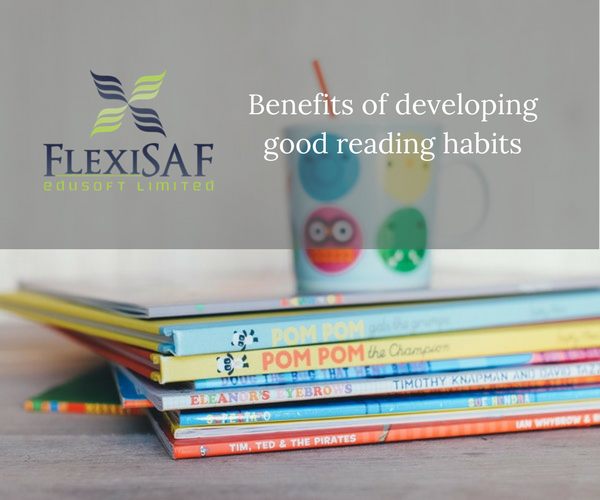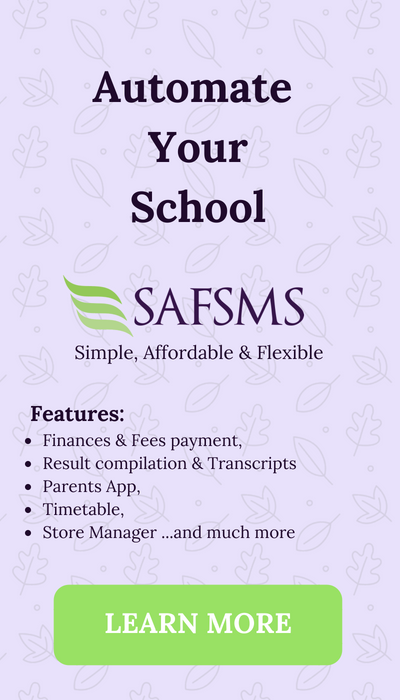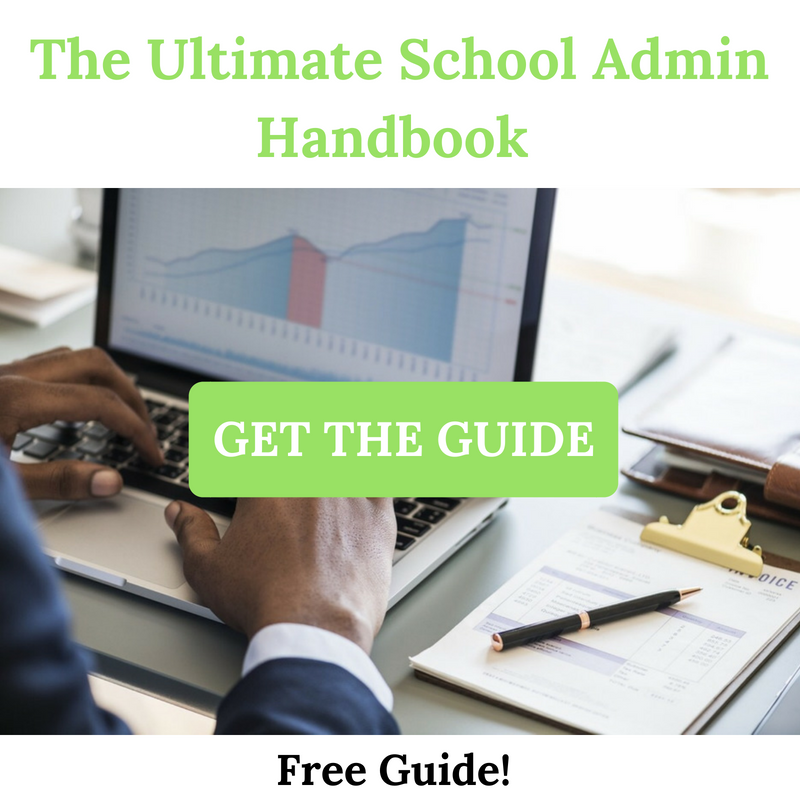Reading is one of the most fundamental skills a child needs to learn to succeed in life. Developing good reading habits is vital to your child’s future not just academically, but in everyday life as well. What can good reading habits do for your child’s development? Here are five reasons you should develop reading habits young,and its importance.
- Reading develops vocabulary: The more your child reads, the more new words will find their way into his/her vocabulary. Reading allows for exposure to words and phrases that you might not use as part of normal speech. “When you read aloud to your child, you are not only helping to prepare your child to learn to read, you are also exposing your child to rich language he/she otherwise might not hear”.
- Reading increases attention span: Encouraging good reading habits from an early age develops your child’s attention span and allows them to focus better and for longer periods of time. Reading combats the epidemic of poor attention span in today’s children.
- Good reading habits prepare children for school: Children who spend a lot of time reading prior to attending school will have an easier time adapting to the reading-focused learning environment in their future classrooms.
- Developing reading habits early leads to a lifelong love for books: Children who start reading regularly from an early age are more likely to enjoy reading later in life. This will serve them well throughout their education and beyond.
- Reading encourages a thirst for knowledge: Children with good reading habits learn more about the world and things around them, and develop an interest in other cultures. Reading leads to asking questions, and seeking answers, which means children learn more every day.
“Children develop motivation to read by being read to often” – Anonymous
You can teach your child good reading habits and motivate them to read by:
- Reading to them from a young age, as early as possible
- Modeling good reading habits by taking the time to read yourself
- Encouraging conversations about content of what your child has been reading.
Study and practice JAMB, NECO and WAEC now for free on distinction.ng.
Do you wish you or your child read more? If you are satisfied with how much your children read,what advice would you give other teachers and parents? Share your tip in the comment below.






